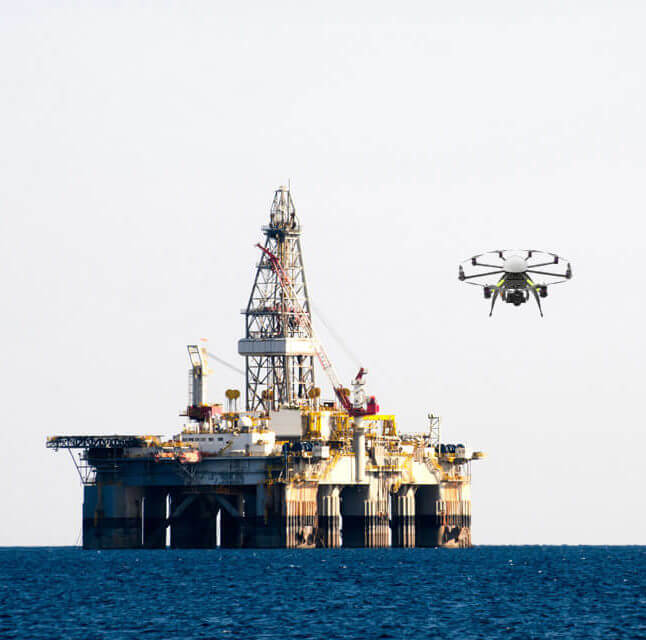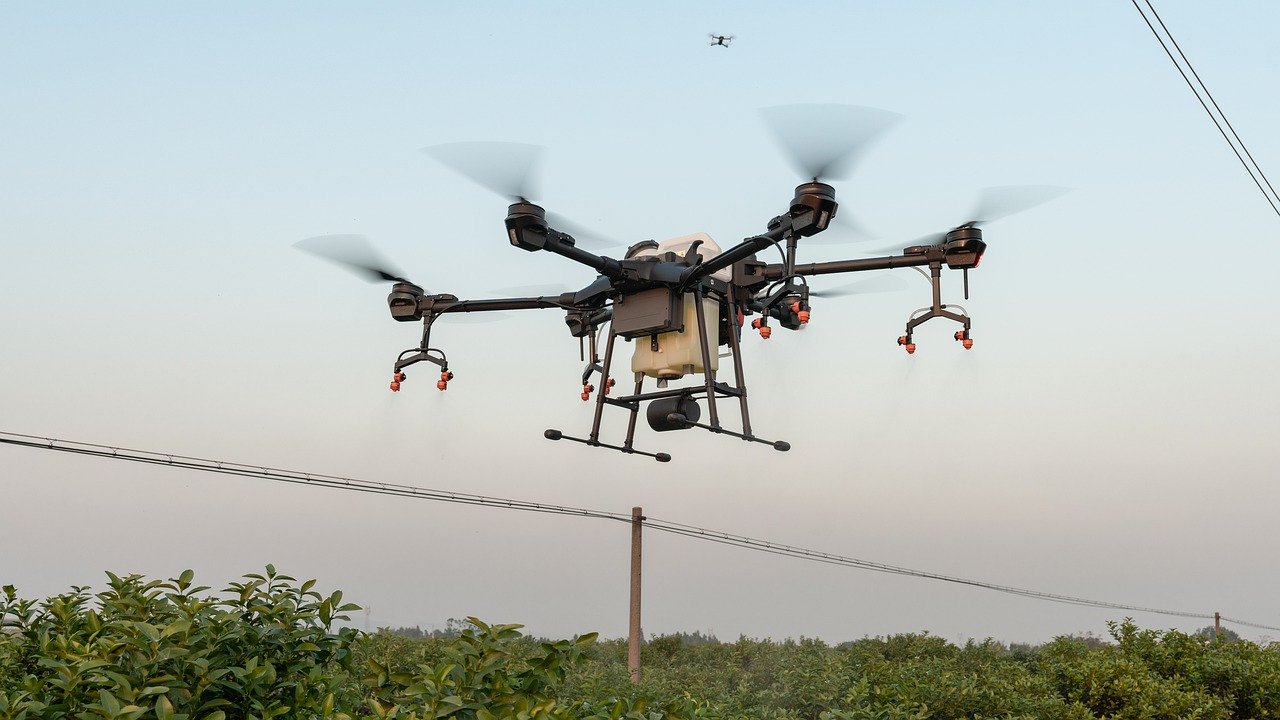Since the beginning of 2019, there have been several drone strikes in Saudi Arabia. The latest drone strike, which took place on January 29th, killed 3 officers and injured 2 others. This is just the latest in a long line of drone strikes that have taken place in Saudi Arabia.
The purpose of these drone strikes is to target militants and terrorists who are believed to be living in the country. The United States has been working together with the Saudi government to carry out these drone strikes. The drones that are used for these strikes were purchased from the United States.
The drone strikes in Saudi Arabia have been a part of an ongoing battle that has been going on, mostly in secret, for years. There is concern that the number of drone strikes will increase as time goes on and more people need to be targeted by them. This is an issue that could affect all of the people living in Saudi Arabia, and most especially, a major concern for the global oil market.
Read more as we’re going to tackle how do drones affect global oil prices in today’s post.
Why Oil Prices Surge After The Air Strike?
The drone strikes that have been taking place in Saudi Arabia have been having an effect on global oil prices. This is because so much of the world’s oil supply comes from Saudi Arabia. When there are drone strikes in the country, it disrupts the flow of oil and causes the price of oil to go up.

This is something that has been happening for years now regardless of whether drones used in the oil and gas industry have been a common practice by most oil companies in modern times to make daily operations more efficient. Whenever there is a drone strike in Saudi Arabia, the price of oil tends to go up. And this happens even if the strike doesn’t result in any major disruptions to the oil supply.
When there is a drone strike in Saudi Arabia, concern for the safety of the country’s oil supply and insecurity about whether or not this will disrupt long-term production can raise global oil prices. A drone strike may sound far away, but if any crude enters international markets, it still affects how we buy and sell gasoline.
Understandably so: If demand increases and supply decreases due to accidents like those caused by military strikes, then the price of gas would increase as well. However troubling it may be to know that our current difficulties with the Yemen war weren’t created overnight; they were actually developing over time as one of President Trump’s first attacks on Iran happened early September. With pressure from breaking promises such as abandoning JCPOA (an international nuclear agreement with Iran) and moving embassy to Jerusalem (which has been recognized as a major international headache), it’s not surprising that President Trump has figured out other ways to make the kingdom happy.
The one great thing about these drone strikes is how it benefits Saudi Arabia’s budget: Since this country needs oil prices above $70-$80 a barrel to meet its annual budgets, one could see why the oil market manipulators would continue to use drones within the country. For instance, “the decision of Saudi Arabia to pump even more after Trump’s tweet shows that they are in fact trying to keep oil prices lower,” said Abhishek Kumar, senior energy analyst at Interfax Energy in London.
Conclusion
Although oil prices are still highly contested, it’s important for us all to realize that the government-led market manipulators use drones to keep our country safe. It may not be very visible or immediate after a strike, but drone strikes are playing an important role in the economy – one that needs to be addressed regardless of whether or not we’re on the same side.
